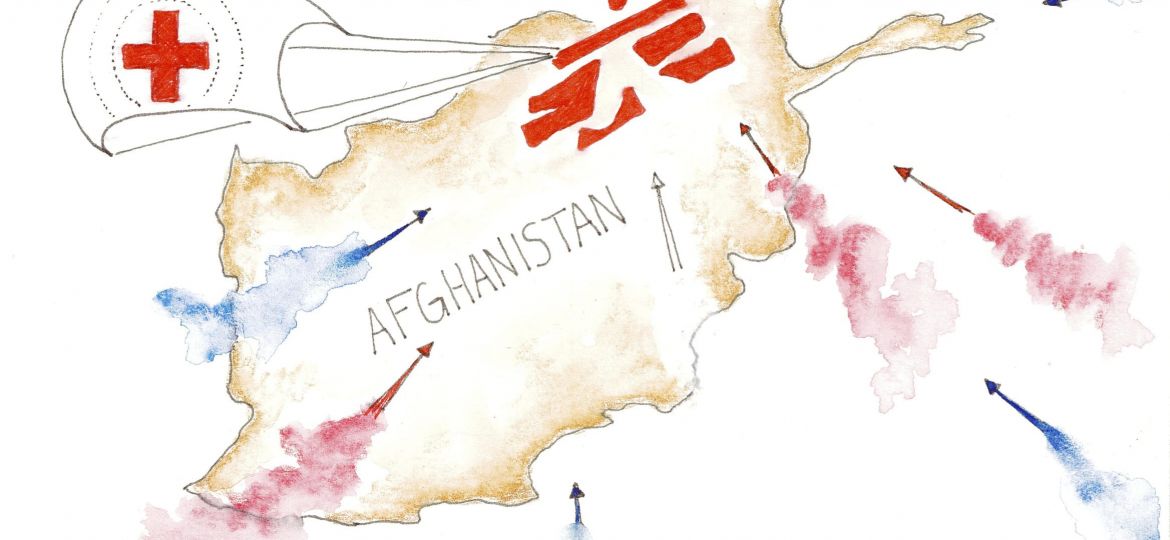
A United States airstrike on a hospital in Kunduz, Afghanistan–run by the international medical charity, Doctors Without Borders–sparked condemnation from humanitarian groups and governments alike.
The airstrike, which was reported to have killed 22 people, was based on information that the hospital might have been used as a base for the Taliban. Representatives from the U.S. military confirmed that the airstrike was targeted at hostile individuals and that “there may have been collateral damage to a nearby hospital facility.”
The reported “extensive, quite precise destruction of the hospital,” however, indicated the opposite. International outrage demanded transparent independent investigation into the bombing, saying that the activity could be classified a war crime and a violation of the Geneva conventions.
Recent findings have concluded that the U.S. government was completely aware that the airstrikes bombing target was a hospital. Moreover, Doctors Without Borders (MSF) followed the procedure to inform the U.S. government that it was under attack and that it was a non-combatant area. In all circumstances, the airstrike did not meet the criteria for U.S. airstrikes, as its target was not directly associated with Taliban, and it failed to minimize the casualties among innocent civilians.
This was an ugly attack in Afghanistan and a crime against humanity. Much collateral damage has occurred because of U.S. action and gone unpunished. The hospital was repeatedly under extensive bombings, despite innocent bodies being burned in their beds and desperate calls being made to the parties in conflict. Doctors Without Borders (MSF) is a neutral organization that is protected by international law to practice humanitarian aid across the globe. The bombing at the hospital demands that the international community punish the guilty parties.
Furthermore, this airstrike could be a breach of the laws of war put forth in the Geneva conventions in 1949. The laws were designed to protect non-combatants in war by ruling out any activities that willfully kill a protected person or a protected facility such as a hospital without advance notice. The U.S. was one of the countries that ratified the treaties.
Although a recent report from the United Nations clarified that the U.S. is responsible for one percent of the casualties in Afghanistan, the impact of its mistakes in armed activities is undeniably significant. To the people of Afghanistan, the airstrike was perpetrated by their nation’s biggest ally. This airstrike was also a painful reminder of the U.S.’s earlier mistakes when Afghan women and children were killed at weddings and on roads, and the numerous times innocent villagers have been killed as they go about their lives.
To the world, the bombing of the hospital was yet another disgrace perpetrated by a world superpower and an act that will undermine humanitarian activity.
There is an urgent need to investigate the airstirke thoroughly. Nevertheless, the investigation must be done by a third party to ensure the credibility and impartiality of the process since it is nearly impossible to expect the implicated parties to fairly judge their own actions.

